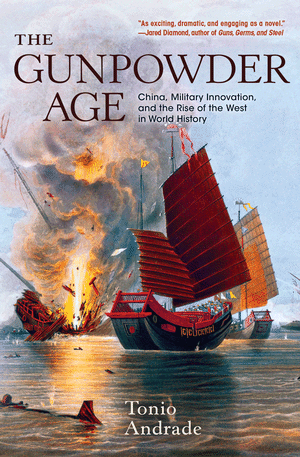Chad R. Fulwider, Associate Professor of History at the Centenary College of Louisiana, recently published German Propaganda and U.S. Neutrality in World War I with the University of Missouri Press. Fulwider graduated from Emory’s PhD program in 2008 with a specialization in Modern European History. Below is a review of Fulwider’s new work.
“Until now, there has been no comprehensive study of German propagandists’ efforts to keep the United States out of the First World War. In this deeply researched book, Chad Fulwider presents a nuanced view of these propaganda operations, exposing many fascinating aspects of these activities and filling a large gap in the historiography of World War I.”—Thomas Boghardt, author of The Zimmerman Telegram: Intelligence, Diplomacy, and America’s Entry into World War I
